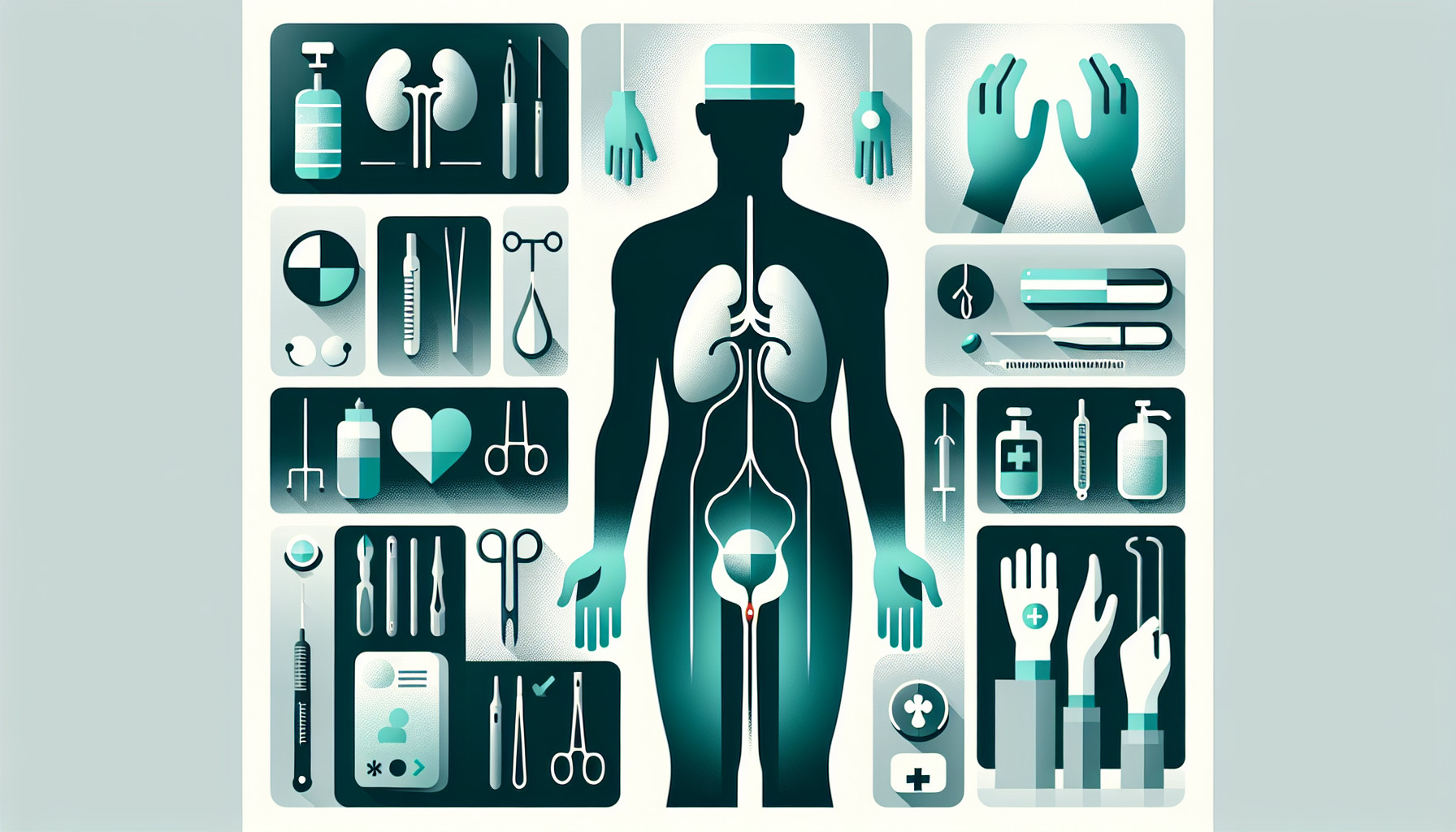Our Summary
This research paper is about a project by the Brazilian Medical Association called the Guidelines Project. The goal of this project is to gather and standardize medical information to help doctors make decisions. However, the paper concludes that the information from this project should not be blindly followed. Instead, each doctor should evaluate and critique the information based on the specific situation and health status of each patient.
FAQs
- What is the purpose of the Guidelines Project initiated by the Brazilian Medical Association?
- How is the information provided by the Guidelines Project intended to be used by physicians?
- Are the recommendations from the Guidelines Project applicable to all patients regardless of their clinical status?
Doctor’s Tip
Tip: After a nephrectomy, it is important to follow your doctor’s instructions for proper wound care, pain management, and activity restrictions to ensure a smooth recovery. Be sure to attend all follow-up appointments to monitor your kidney function and overall health.
Suitable For
In general, patients who may be recommended for nephrectomy include those with:
- Kidney cancer (renal cell carcinoma or other types of kidney tumors)
- Severe kidney damage or dysfunction (such as from kidney stones, polycystic kidney disease, or chronic kidney disease)
- Kidney trauma or injury that cannot be repaired through other means
- Infections or abscesses in the kidney that do not respond to other treatments
- Kidney donation for transplant purposes (living kidney donors)
It is important for the physician to consider the individual patient’s specific condition, overall health, and treatment goals when recommending nephrectomy as a treatment option.
Timeline
Before nephrectomy:
- Patient is diagnosed with a kidney condition that requires removal of the kidney
- Patient undergoes pre-operative assessments, such as blood tests, imaging tests, and physical exams
- Patient may meet with a urologist or other specialists to discuss the procedure and potential risks
- Patient may be instructed to stop taking certain medications or adjust their diet before surgery
After nephrectomy:
- Patient undergoes the surgical procedure to remove the affected kidney
- Patient is monitored in the hospital for a period of time post-surgery to ensure proper recovery
- Patient may experience pain, discomfort, and fatigue in the days following the surgery
- Patient may need to take pain medications and follow a specific diet to aid in recovery
- Patient will have follow-up appointments with their healthcare provider to monitor their progress and address any concerns
- Over time, the patient will gradually recover and adjust to life with one kidney, with most patients able to resume their normal activities.
What to Ask Your Doctor
Why do I need a nephrectomy?
What are the risks and potential complications associated with a nephrectomy?
What are the alternative treatment options to a nephrectomy?
What is the expected recovery time after a nephrectomy?
How will a nephrectomy affect my kidney function and overall health in the long term?
Will I need any additional treatments or medications after the surgery?
What is the success rate of nephrectomy in treating my condition?
How experienced are you in performing nephrectomy procedures?
Are there any lifestyle changes I should make before or after the surgery?
How often will I need follow-up appointments after the nephrectomy?
Reference
Authors: Brazilian Society of Urology; Silvinato A, Bernardo WM, Santos LS. Journal: Rev Assoc Med Bras (1992). 2018 Dec;64(12):1061-1068. doi: 10.1590/1806-9282.64.12.1061. PMID: 30569978
